Why are so many children in Euro-American cultures
unhappy? Why is it that children
in many traditional cultures seem happier, fluent in their child-nature? Nature is at the core of the riddle: I
began to look for the nature of childhood, whose quintessence is inextricable
from nature itself. I was
interested in how children belong, needing their kith, their local acre, as
they need their kin. An entire
history of childhood is in that one word “kith,” which is now used as if it
means only an extended family, whereas in the phrase “kith and kin,” “kith”
originally meant country, home, one’s land. Childhood has not only lost it’s country but the word for it
too: a country called childhood.
How has childhood become so unnatural? Why does the dominant culture treat
young humans in ways which would be illegal if applied to young dogs? Born to burrow and nest in nature,
children are now exiled from it.
They are enclosed indoors, caged and shut out of the green and vivid
world, in ways unthinkable a generation ago. Bit by bit a pattern came clear – children’s lives have been
subject to intolerable enclosure for the profit of others.
The riddle took me to that other natural world: human
nature, a term so complex, so simple and so wise. Human nature in childhood asks for freedom and
closeness. A child’s mind is
constellated with animals as the nightsky is with stars. Child-nature salutes the gods of play
and pays homage to wild time. It
needs autonomy and self-will. The
riddle asked: who owns a child, anyway?
Do children naturally create their own tribes? It is in the nature of the child to want to learn, yet
society has historically contrived a school system that is half factory, half
prison, and too easily ignores the very education which children crave.
Then the riddle took me further in, to the spirit of
childhood, its sense of quest; the importance of woodlands for the psyche; the
faerie realm of metaphor; the secret world of a child’s soul where the stories
of childhood are whistled with the deft and fragile panache of poetry. Throughout, I had a hunch that
Romanticism reflected the nature of childhood not as a period in cultural
history but as a perennial truth, because children are themselves the first
Romantics.
This book draws on my experience of children’s lives among indigenous cultures of the Arctic, West Papua, Australia, North and South America and Northern Europe, and touches on the history of childhood in mainland Europe and Scandinavia, as well as the intriguing psychodrama of childhood played out when the Native American philosophy of childhood met Settler philosophy. Behind all of these, though, is the spirit of childhood itself, whose imagination knows no borders.
Jay Griffiths, from “The Riddle,” the introduction to ACountry Called Childhood: Children and the Exuberant World
This book draws on my experience of children’s lives among indigenous cultures of the Arctic, West Papua, Australia, North and South America and Northern Europe, and touches on the history of childhood in mainland Europe and Scandinavia, as well as the intriguing psychodrama of childhood played out when the Native American philosophy of childhood met Settler philosophy. Behind all of these, though, is the spirit of childhood itself, whose imagination knows no borders.
Jay Griffiths, from “The Riddle,” the introduction to ACountry Called Childhood: Children and the Exuberant World

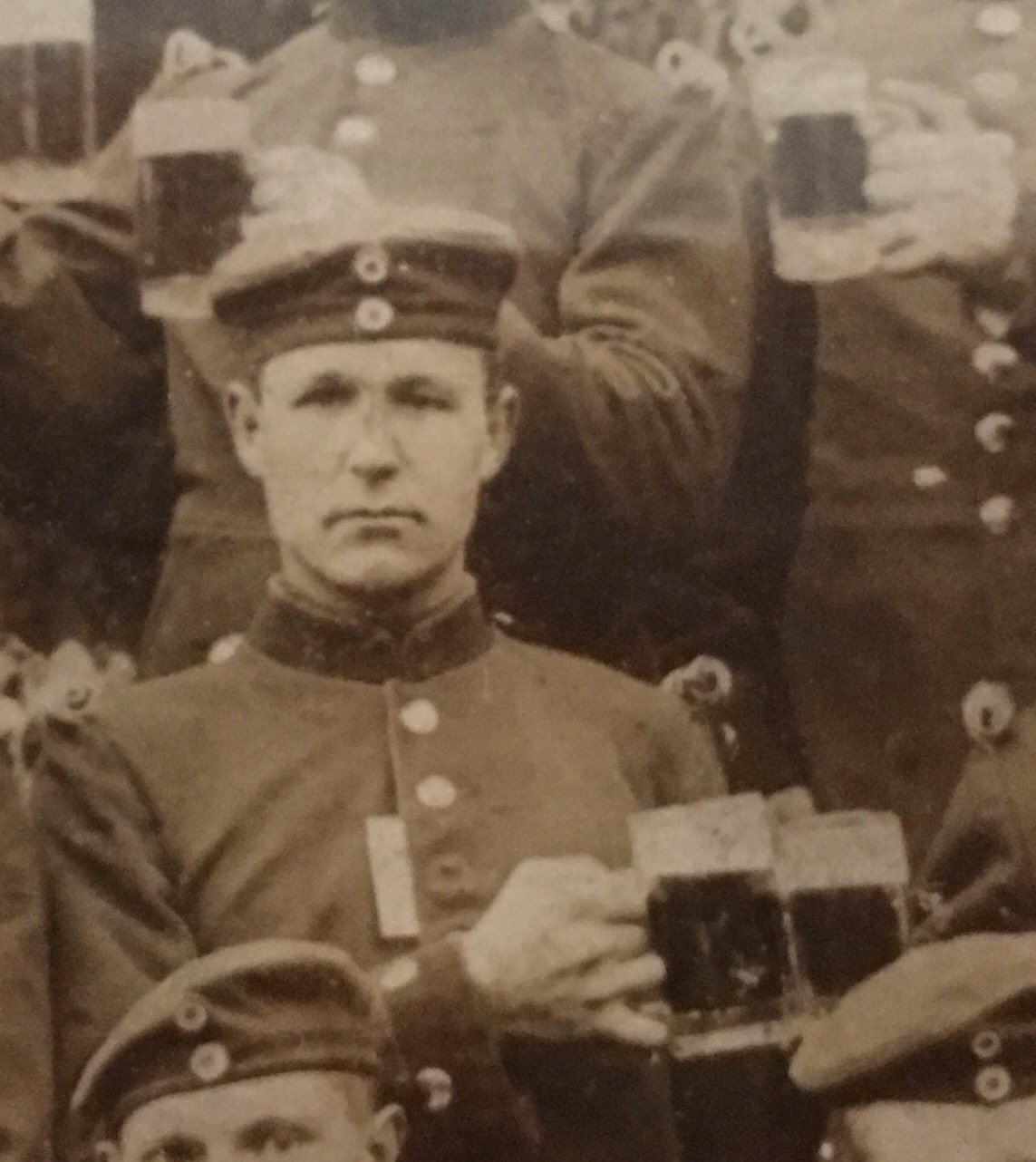








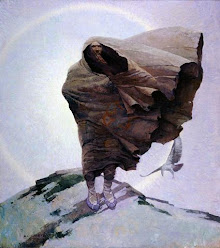













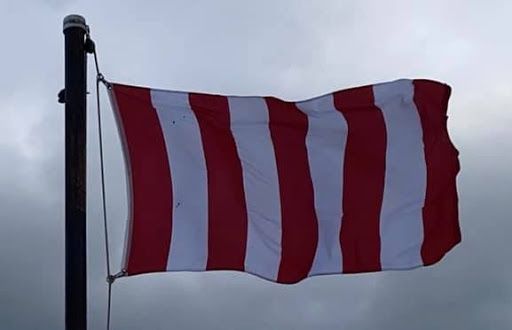
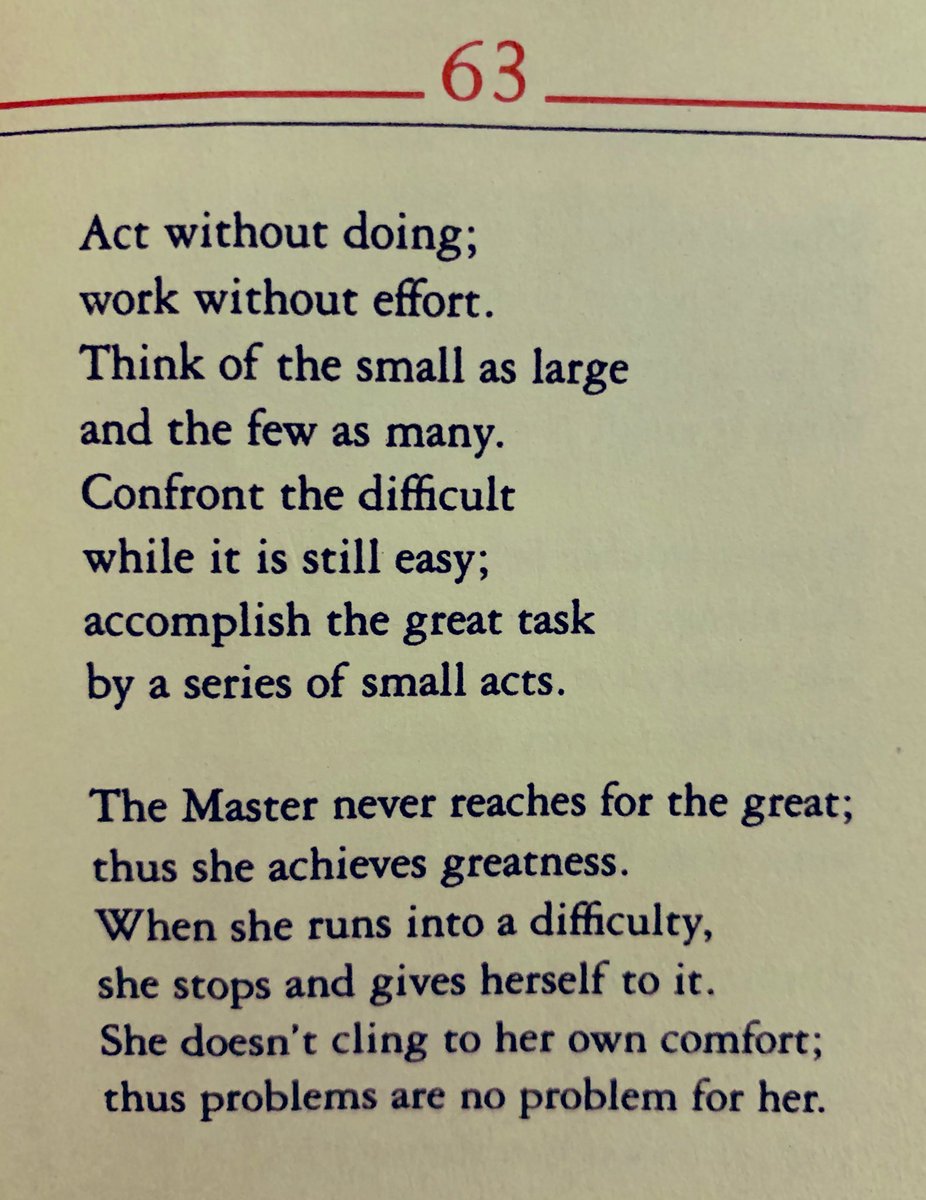









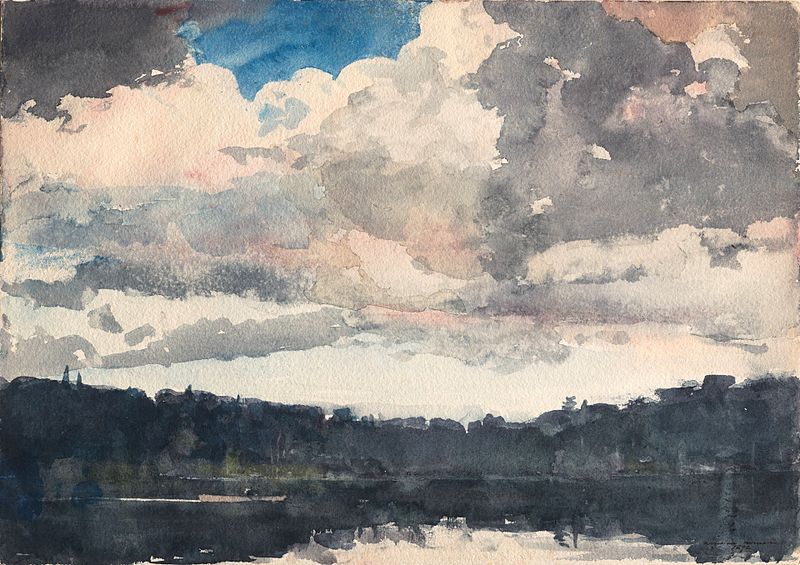





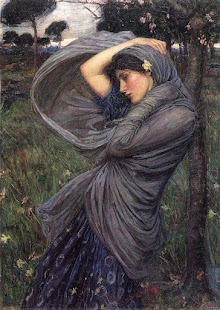














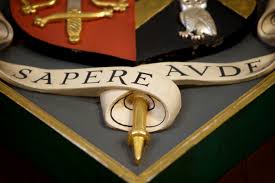


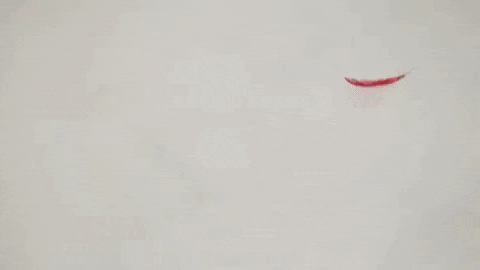



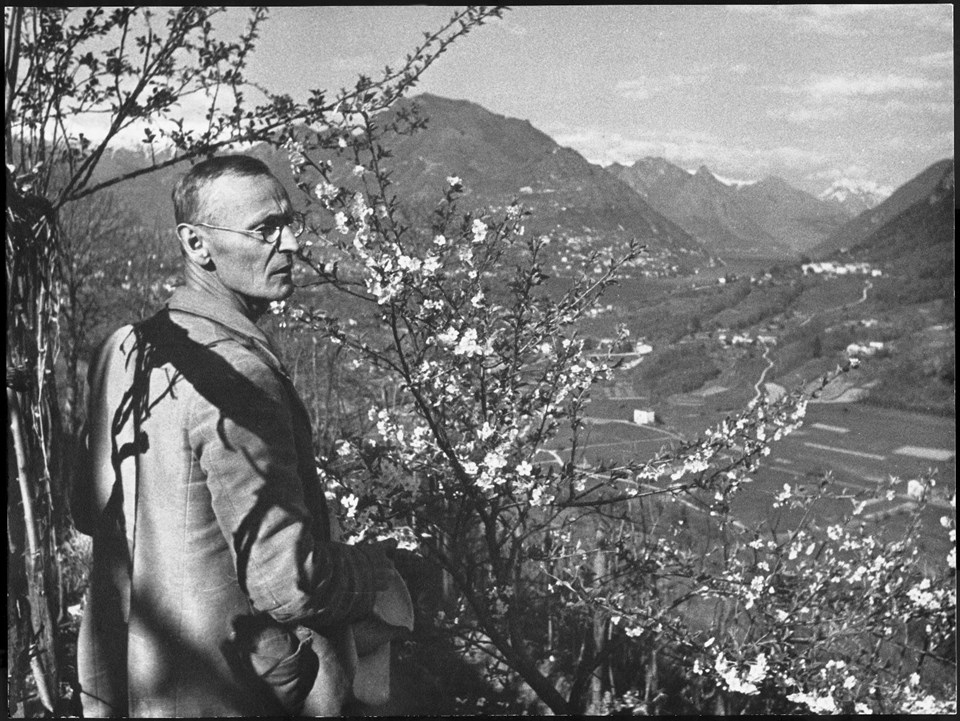


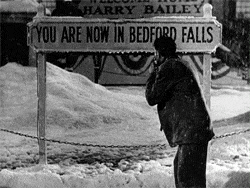







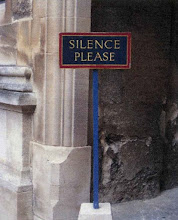









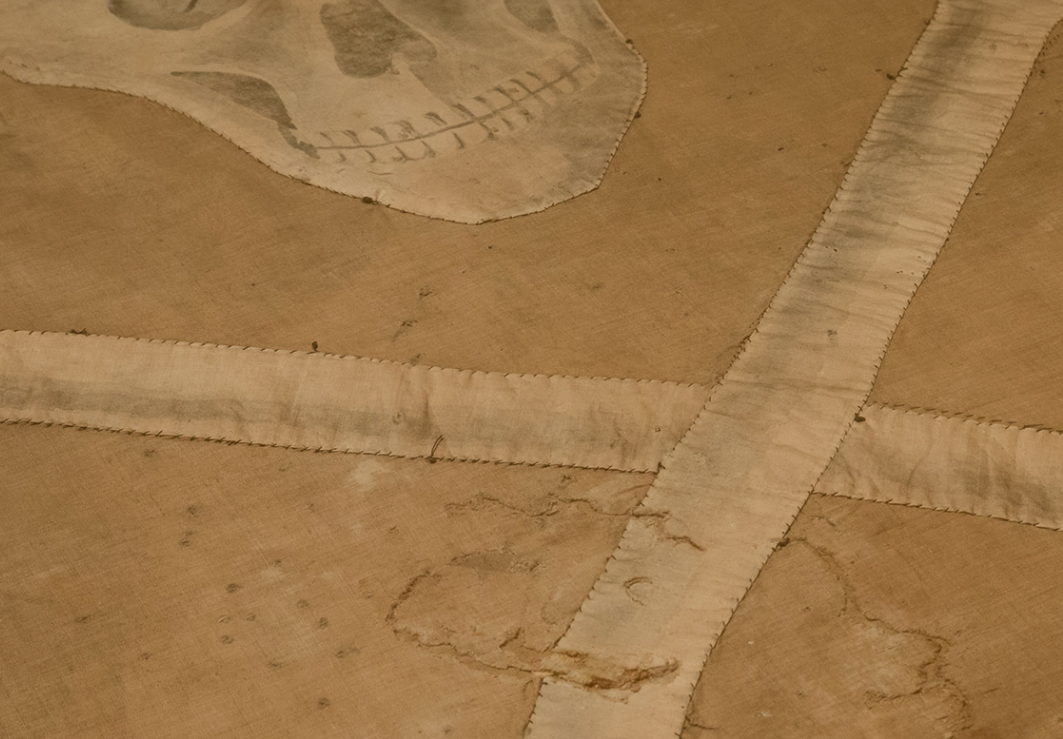

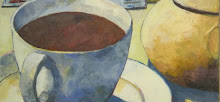
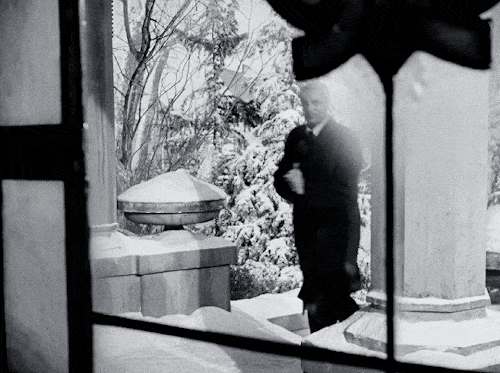


















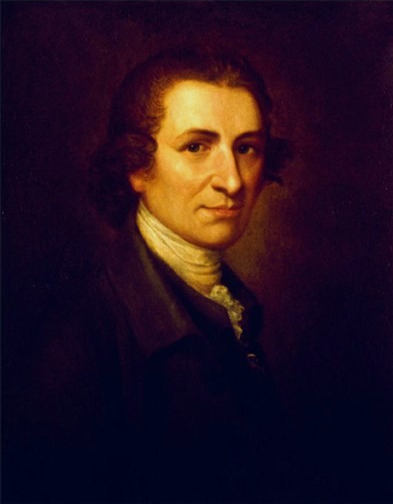


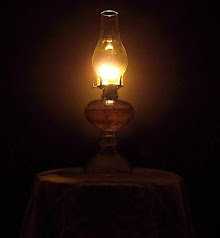







No comments:
Post a Comment